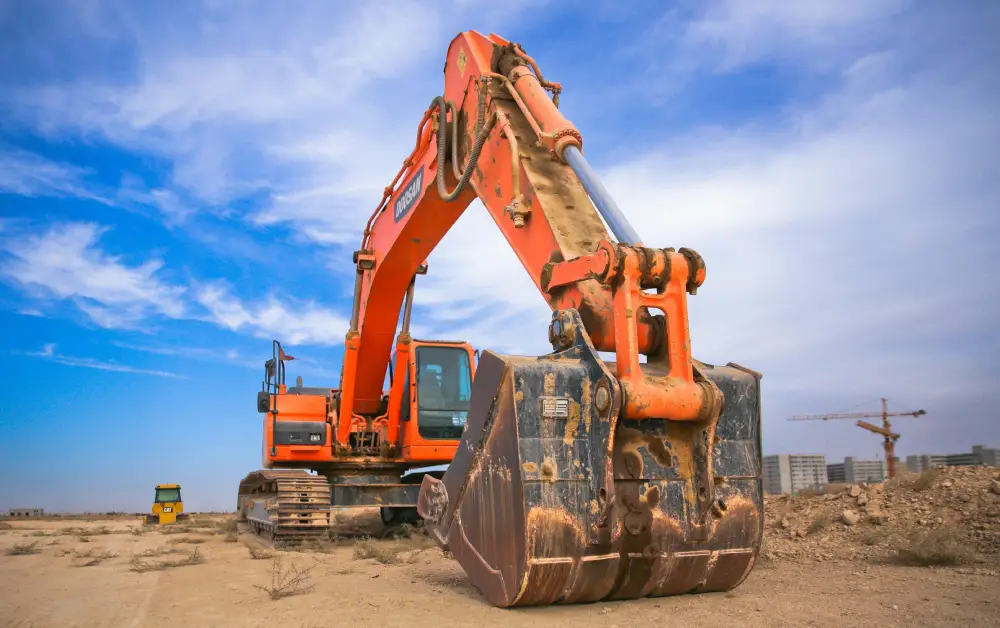Becoming a crane operator is a rewarding career path that requires training, skill, and certification. Crane operators are responsible for safely moving heavy materials at construction sites, ports, and industrial facilities. Here is a complete guide outlining the methods, tools, precautions, and all essential information for becoming a crane operator.
Requirements for Becoming a Crane Operator
To start a career as a crane operator, you need to meet specific prerequisites. Most employers require at least a high school diploma or GED. Additionally, crane operators must be at least 18, physically fit, and have good hand-eye coordination. Basic knowledge of mechanical and technical concepts is also helpful.
Training and Certification
The first step to becoming a crane operator is to complete formal training. You can enroll in a crane operator training program offered by vocational schools, technical colleges, or trade unions. These programs typically combine classroom instruction and hands-on training and may last from a few weeks to several months, depending on the complexity of the equipment and the certification level.
The classroom portion of training covers important topics such as safety protocols, load calculations, signaling, and crane mechanics. Hands-on training provides practical experience in operating different types of cranes, learning how to maneuver them safely, and handling emergency procedures.
After completing training, aspiring operators must pass a certification exam. In the U.S., the National Commission for the Certification of Crane Operators (NCCCO) is a widely recognized certifying body. Certification typically involves a written test and a practical exam to assess your knowledge and skill in crane operation.
Types of Cranes and Specializations
There are various types of cranes, and becoming specialized in one or more can enhance your career prospects. Common crane types include tower cranes, mobile cranes, and overhead cranes. Each type requires specific training and expertise, so consider which specialization aligns with your career goals.
Precautions and Safety Measures
Operating a crane involves significant safety risks, so taking necessary precautions is crucial. Always follow these safety guidelines:
- Conduct a thorough pre-operation inspection to ensure the crane is in good working condition.
- Follow load charts carefully to avoid overloading, which can lead to tipping or structural failure.
- Communicate effectively with ground crew using standard hand signals or radio communication.
- Always operate the crane from within the designated operator’s cab or station.
- Be aware of environmental factors, such as wind speed, that can affect the crane’s stability.
Tools and Equipment Needed
To operate a crane efficiently and safely, crane operators need specific tools and equipment, including:
- Personal protective equipment (PPE) such as hard hats, gloves, safety glasses, and steel-toe boots.
- Communication devices like two-way radios.
- Load charts and operational manuals for the specific type of crane being used.
- Safety harnesses and fall protection gear, particularly when operating tower cranes.
Avoid Common Mistakes
There are some key practices to avoid while operating a crane:
- Never bypass safety checks or skip pre-operation inspections.
- Avoid using a crane in adverse weather conditions, such as high winds or heavy rain.
- Do not move loads over workers or crowded areas.
- Never exceed the crane’s load capacity, as this can lead to severe accidents.
- Avoid abrupt movements that can cause the load to sway and destabilize the crane.
Maintaining Certification and Continuing Education
Once you obtain your initial certification, it’s essential to maintain it. Certifications typically need to be renewed every few years, which may require additional testing or continuing education. Staying updated with the latest safety regulations and operational techniques is vital for a successful career as a crane operator.
Conclusion
Becoming a crane operator involves a combination of training, certification, and practical experience. Adhering to safety guidelines and continuing education can help you excel in this field. With dedication and proper preparation, you can enjoy a stable and well-paying career as a crane operator.

